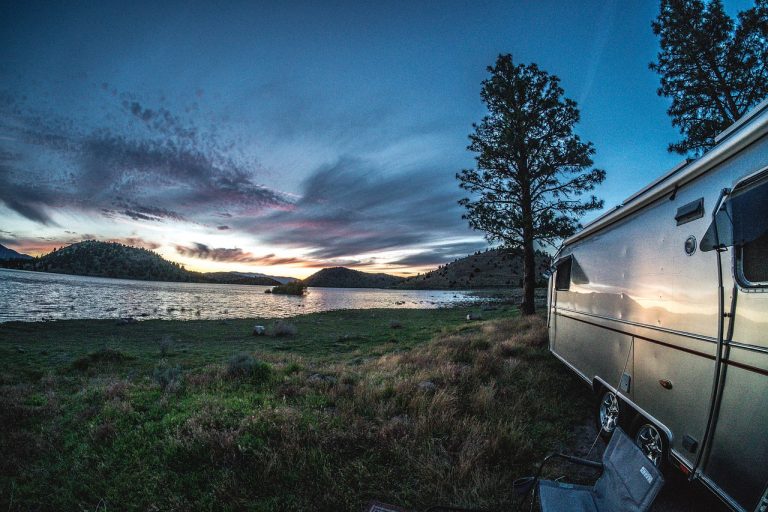- Banned
- #121
We are getting ready to transition to RVing half of the year in the next 12 months.....we've had a 35 footer for a decade but because of my business we were not able to use it as much as we'd like....with retirement, we plan on that changing.
Is it because they want to, they lost their other home to repo, or they can’t afford anything else?
A million Americans live full-time in RVs, according to the RV Industry Association. Some have to do it because they can’t afford other options, but many do it by choice. Last year was a record for RV sales, according to the data firm Statistical Surveys. More than 10.5 million households own at least one RV, a jump from 2005 when 7.5 million households had RVs, according to RVIA.
And there’s this:
A 30 year mortgage is essentially a suffocating lifetime financial commitment for many people, and so a lot of Americans are choosing to embrace the RV lifestyle in order to escape those financial chains. One family that the Washington Post recently interviewed says that they are “redefining what the American Dream means”…
“We’re a family of four redefining what the American Dream means. It’s happiness, not a four-bedroom house with a two-car garage,” said Robert Meinhofer, who is 45.
The Meinhofers and a dozen others who spoke with The Washington Post about this modern nomadic lifestyle said living in 200 to 400 square feet has improved their marriages and made them happier, even if they’re earning less. There’s no official term for this lifestyle, but most refer to themselves as “full-time RVers,” “digital nomads” or “workampers.”
I don’t see how a family of four could possibly live in an RV, no matter how big it is.
More of this @ A Million Americans Are Living In Their RVs As The American Dream Continues To Be "Redefined"
